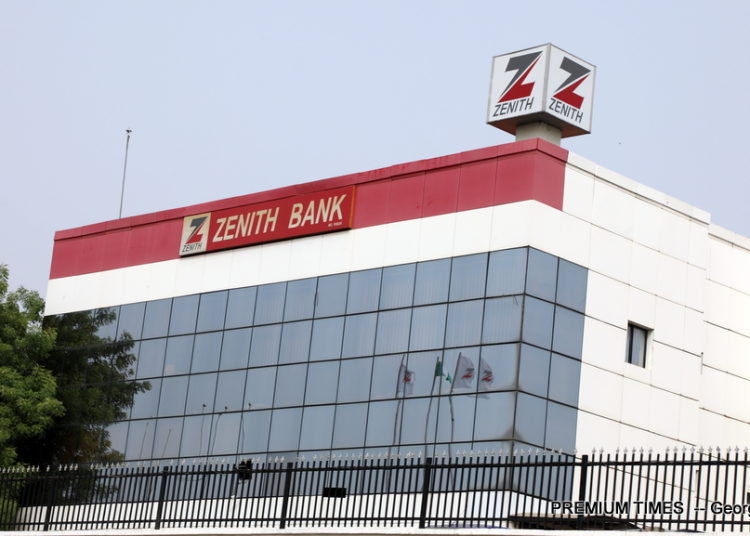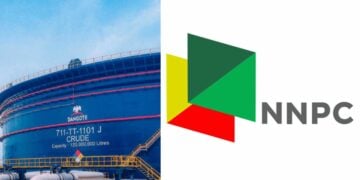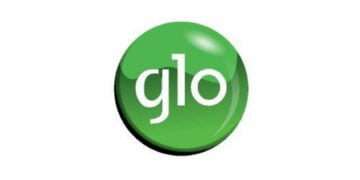Inspite of the inflationary challenges, harsh operating environment, Nigerian banks continue to record profit with 11 banks pulling N831.198 billion between January and September this year, a 20 per cent improvement over what they made in the same period of 2021.
This was corroborated by the International Monetary Fund (IMF) in its staff report on Nigeria released at the weekend. According to the fund, despite the regulatory measures to cap liquidity in the system, the Nigerian banking sector has remained profitable and liquid.
The Monetary Policy Committee(MPC) at most of its meeting taken hawkish stance that tightens liquidity in the system as part of measures to stem the rising inflation in the country. Inflation figure is currently at 21.09 per cent. However, the IMF said profitability and banking sector liquidity have remained roughly stable.
Data showed that 11 banks comprising of Zenith Bank, FBN Holdings, GTCO, Access Holdings, Sterling Bank, United Bank for Africa, Union Bank, Fidelity Bank, Wema Bank, Unity Bank and Stanbic IBTC had posted N831.198 billion in profit after tax in the first nine months of the year as against N689.285 billion that was made in the comparable period of 2021.
FBN profit before tax (PBT) doubled to N105.5 billion, compared with the N52.9 billion reported in the corresponding period of 2021, as Zenith PAT grew by nine per from N160.6 billion to N174.3 billion in the same period.
GTCO had recorded a N169.7 billion PAT which is an increase of 12 per cent from N151.9 billion recorded in the corresponding nine months ended September 2021, as Fidelity saw a 34.7 per cent growth in profits from N28.1 billion in 2021 to N37.8 billion.
UBA profit after tax also rose significantly by 10.9 per cent to N116 billion up from N104.6 billion, while Unity Bank post-tax profit of N2.029 billion, was five per cent higher than the N1.9 billion recorded in the same period of 2021.
Stanbic IBTC posted N55.19 billion PAT for 9M 2022 as against N39.95 billion recorded in 9M just as Wema recorded a 31.17 growth to N8.179 billion in 2022 from N6.235 billion in 2021. Union profit after tax also rose by 14.2 per cent to N17.3 billion from N15.2 billion in 2021.
Access Holdings the profit after tax was N137.0 billion versus N122.0 billion, while Sterling profit after tax rose by 39 per cent from N5.9 billion to N8.2 billion.
Managing director and chief executive of Stanbic IBTC, Wole Adeniyi, noted that the banking industry has remained resilient in the face of challenges, adding that, “the global market is affecting the key performance of banking industry operations in Nigeria.
“When you look at it, the Nigerian banking industry has continued to remain resilient. I would say it’s still safe and sound. I think the latest report showed that between august last year and august this year, total asset increased by about 20 per cent and credit grew from about N22 trillion to about N28 trillion.
“So if you look at the industry in the last one year, and those metrics and fundamentals in the Nigerian banking you could say that yes it is resilient, it is safe it is sound. Capital adequacy ratio is well above regulatory threshold. NPL is actually below five percent at 4.8 across the industry. So despite all these we still have very challenging things to deal with.
“In the face of the fundamentals of the inflation, there is elevated cost of running the business. despite the heightened inflation, for most of the year until march when monetary policy was increased and that we have seen was increased by 400 basis points, and then the continued tightening of liquidity by the central bank. So, we are continually now operate under a very high running cost environment for the Nigerian banks.”
IMF noted that NPL ratio in the industry has dropped to near five per cent as “the share of questionable loans rebounded after the CBN announced the expiration of pandemic-related forbearance in loan classification by end-2023.
“However, the authorities’ stress tests indicate that the banking system remains resilient to a potential significant rise in NPLs. The mission welcomed the implementation of Basel III regulation and recommended monitoring risks from less-regulated digital lenders, ongoing forex shortages faced by the corporate sector, and possible crowding out from the strong sovereign-bank nexus, which has increased in recent years,” IMF stated.
The Fund also advised to resolve weak smaller banks and proceed with the winding down of the public asset management company (AMCON) by end of 2023. It also said macro-financial linkages warrant close monitoring.
“Significant retail credit growth, while partly reflecting financial deepening, may be further propelled by a forthcoming regulation allowing households to tap into their pension savings for mortgage down payments. It also recommended increased vigilance and adoption of selected macroprudential policy instruments to handle possible retail credit risks,” it pointed out.





